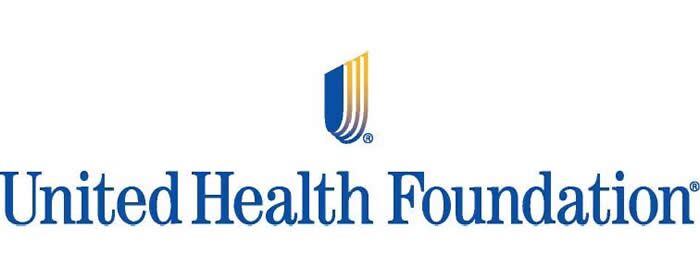- American Indian College Fund and United Health Foundation partner to create solutions to substance abuse and opioid crisis
- Program to include scholarships, mentoring, academic support, job training and research opportunities
The American Indian College Fund, in partnership with United Health Foundation, has launched The United Health Tribal Wellness Scholarship Program to create a pipeline of mental health and substance abuse professionals in North Dakota to serve remote and rural communities.
This pilot scholarship program, funded through a $360,000 grant from United Health Foundation, will help individuals, families and communities affected by substance abuse to rebuild their lives and ensure their tribal heritage and traditions are passed along to the next generation.
The United Health Tribal Wellness Scholarship Program will include scholarships, mentoring, academic support, job training and research opportunities. A cohort of 12 Native American students from North Dakota pursuing degrees in recovery-related fields will receive educational support, with six awards designated for associate degree candidates and six for students seeking a bachelor’s or master’s degree.
This program was discussed at a recent event at the Cankdeska Cikana Community College in Fort Totten. The event, attended by North Dakota Sen. Heidi Heitkamp, highlighted the need for holistic solutions to address substance abuse within Native American communities.
“As tribal communities face the ongoing opioid and meth crisis, it’s critical that we improve access to high-quality health care on North Dakota reservations, including behavioral health services and addiction treatment,” said Sen. Heitkamp. “Through this new program, the American Indian College Fund and United Health Foundation are demonstrating the importance of training the next generation of health care professionals in the fight against addiction in rural communities and Indian Country. I look forward to following the program’s progress as we work together to put more tribal members on a path to long-term recovery.”
“Substance abuse has devastated communities in North Dakota. All of us know people who have been affected by it,” said Cheryl Crazy Bull, president and CEO of the American Indian College Fund. “Expanding access to culturally relevant treatment is an important step forward. Together, we can improve our society and build a better world.”
Finding suitable drug treatment within a reasonable travel distance in primarily rural North Dakota is a challenge. While the rate of drug deaths is lower in North Dakota than in the nation overall, the drug death rate in the state is rising sharply. In the past three years, North Dakota drug deaths increased 90 percent, according to the 2017 America’s Health Rankings report.
“The people of this community said the biggest issue we have is the lack of resources to address addiction,” said Dr. Cynthia Lindquist, president of Cankdeska Cikana Community College, a tribal college serving the Spirit Lake Dakota Community in North Dakota. “There is much work to be done, but everything we do today builds a better tomorrow. This new partnership is bringing forth new opportunities for our people.”
“Thousands of Americans are dying across the country from addiction and opioid abuse, and people living in rural areas often suffer more due to the lack of easily accessible health care,” said Martha Temple, CEO of Optum Behavioral Health, a UnitedHealth Group company. “We are grateful for the opportunity to partner with the American Indian College Fund to support the training and education of tomorrow’s health care professionals who will bring quality care to people who need it most.”
About United Health Foundation
Through collaboration with community partners, grants and outreach efforts, United Health Foundation works to improve our health system, build a diverse and dynamic health workforce and enhance the well-being of local communities. United Health Foundation was established by UnitedHealth Group (NYSE: UNH) in 1999 as a not-for-profit, private foundation dedicated to improving health and health care. To date, United Health Foundation has committed nearly $358 million to programs and communities around the world. We invite you to learn more at www.unitedhealthgroup.com/SocialResponsibility

